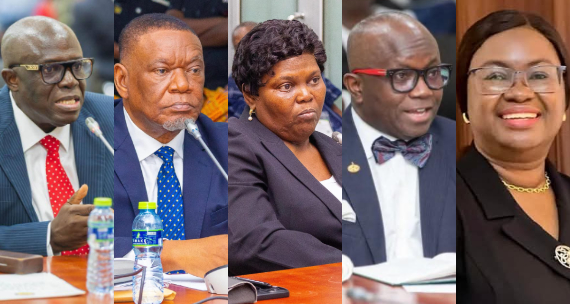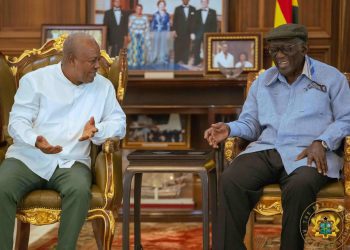Parliament has confirmed all seven Supreme Court nominees put forward by President John Dramani Mahama, ending days of fierce opposition from the Minority caucus.
The approval was delivered through a voice vote after a heated plenary debate in which the Majority side prevailed, clearing the way for the swearing-in of the new justices to the nation’s apex court.
The confirmation came after sustained resistance by the Minority, led by Minority Leader Alexander Afenyo-Markin, who described the process as a betrayal of constitutional principle in favour of political expediency.
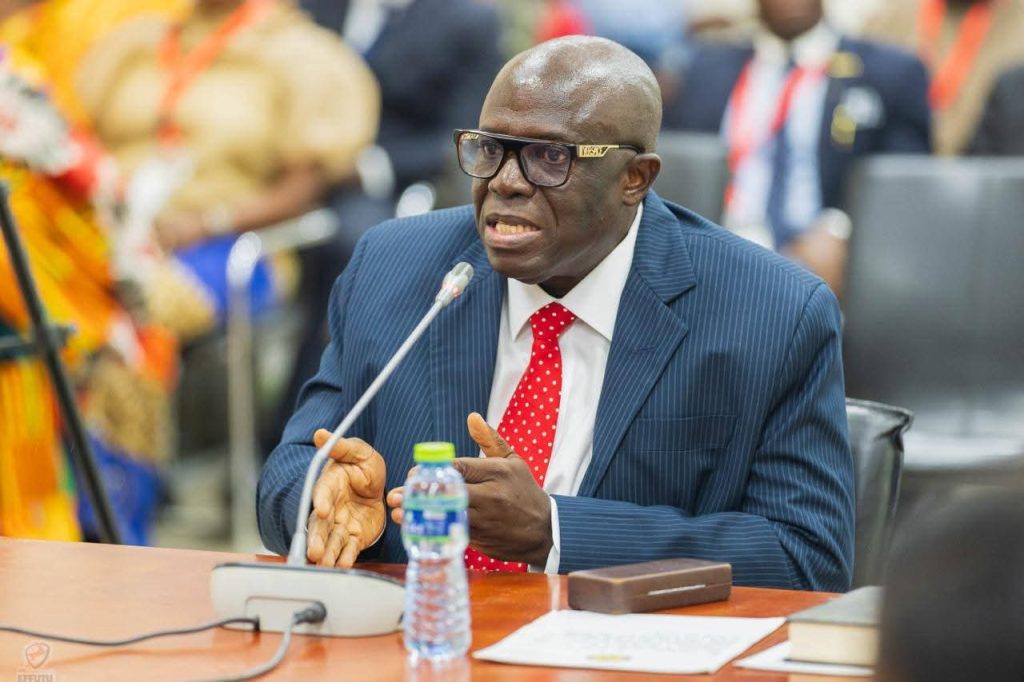
Speaking passionately on the floor, Afenyo-Markin warned that the approval of the nominees under such controversial circumstances could set a dangerous precedent for future judicial appointments, eroding public trust in the impartiality and independence of the Supreme Court.
He said the Majority had chosen to prioritise convenience over constitutionalism, accusing them of pushing through the nominations at a time when the judiciary is already under intense scrutiny.

The Minority also raised concerns about the broader context of the appointments, particularly the recent suspension of the Chief Justice.
They argued that the Supreme Court’s silence in the face of recent legal developments—described by the opposition as breaches of natural justice—further undermined the legitimacy of the appointments. According to the Minority, the court had abdicated its moral responsibility to uphold fairness and transparency in the justice system.
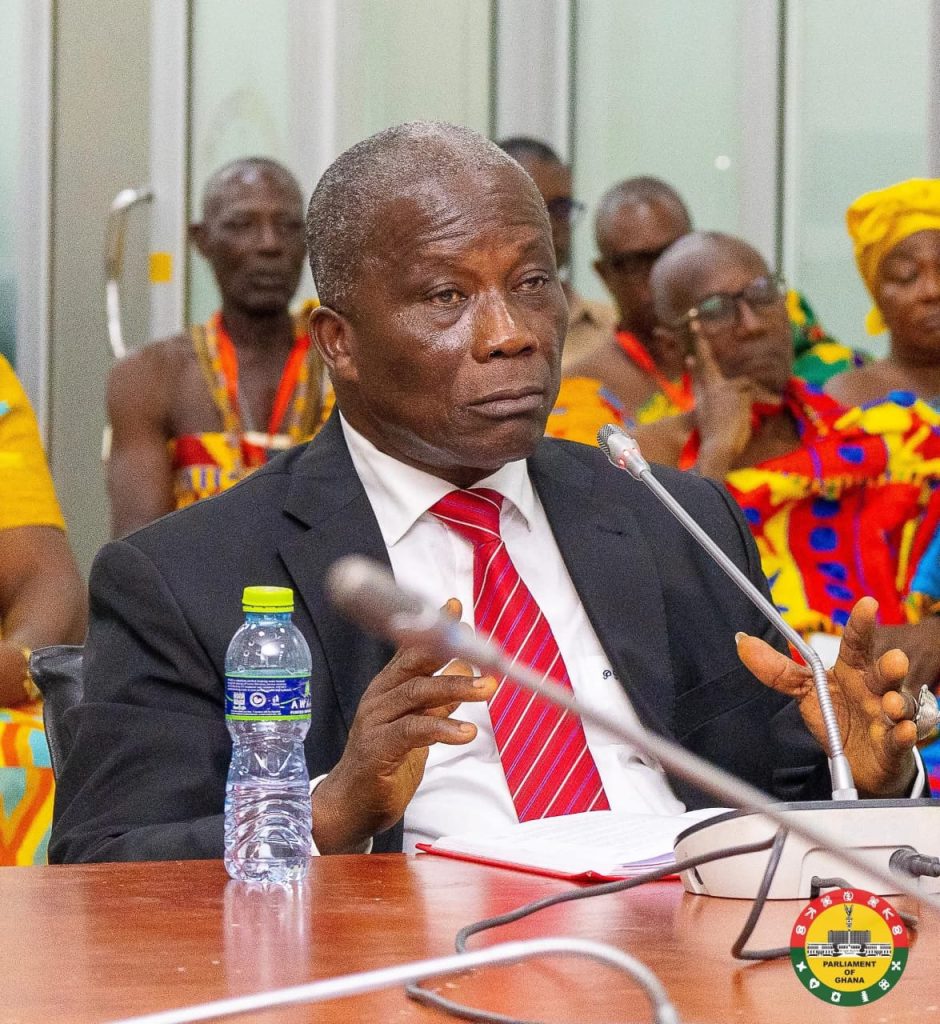
During the debate, Minority members repeatedly insisted that their full objections were not adequately captured in the Appointments Committee’s report.
First Deputy Speaker and Appointments Committee Chairman, Bernard Ahiafor, stated on record that all Minority members had opposed and voted against the nominees during committee deliberations.
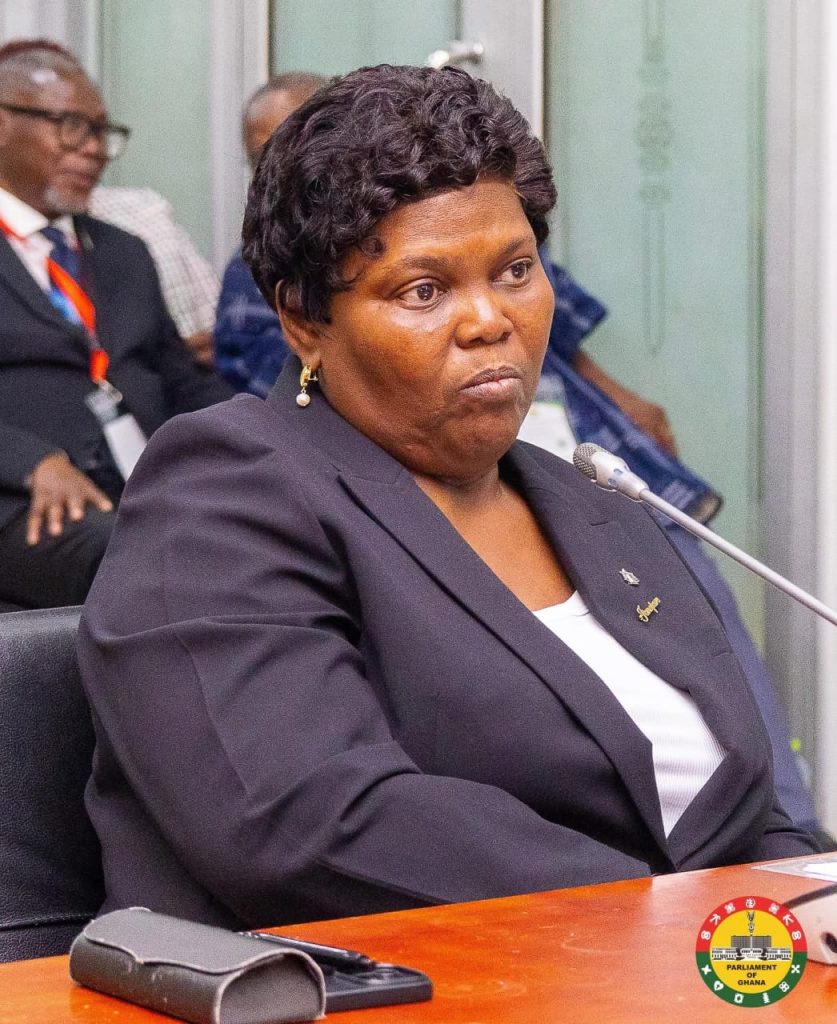
He stressed that the audio recordings of the meeting would confirm the unanimous dissent on the Minority side.
Despite the Minority’s vehement resistance, Speaker of Parliament Alban Bagbin upheld the validity of the committee’s work.
He dismissed claims that the Minority’s inputs were excluded, noting that parliamentary procedure allows for concerns to be raised and debated on the floor.
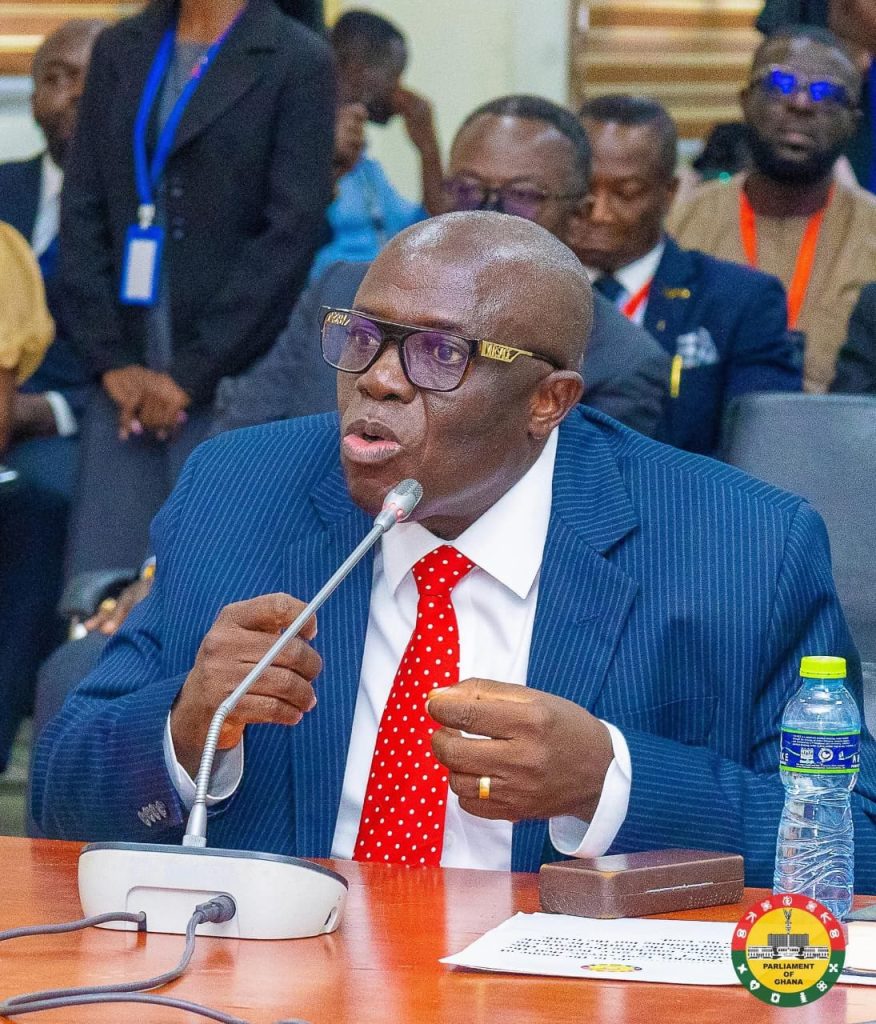
Bagbin emphasized that the report represented the outcome of the committee as a whole and reminded the chamber that dissenting views were welcome and would not be silenced during plenary discussions.
Majority Leader Mahama Ayariga defended the appointments, stating that all seven nominees had been subjected to thorough vetting and found to be qualified and competent.
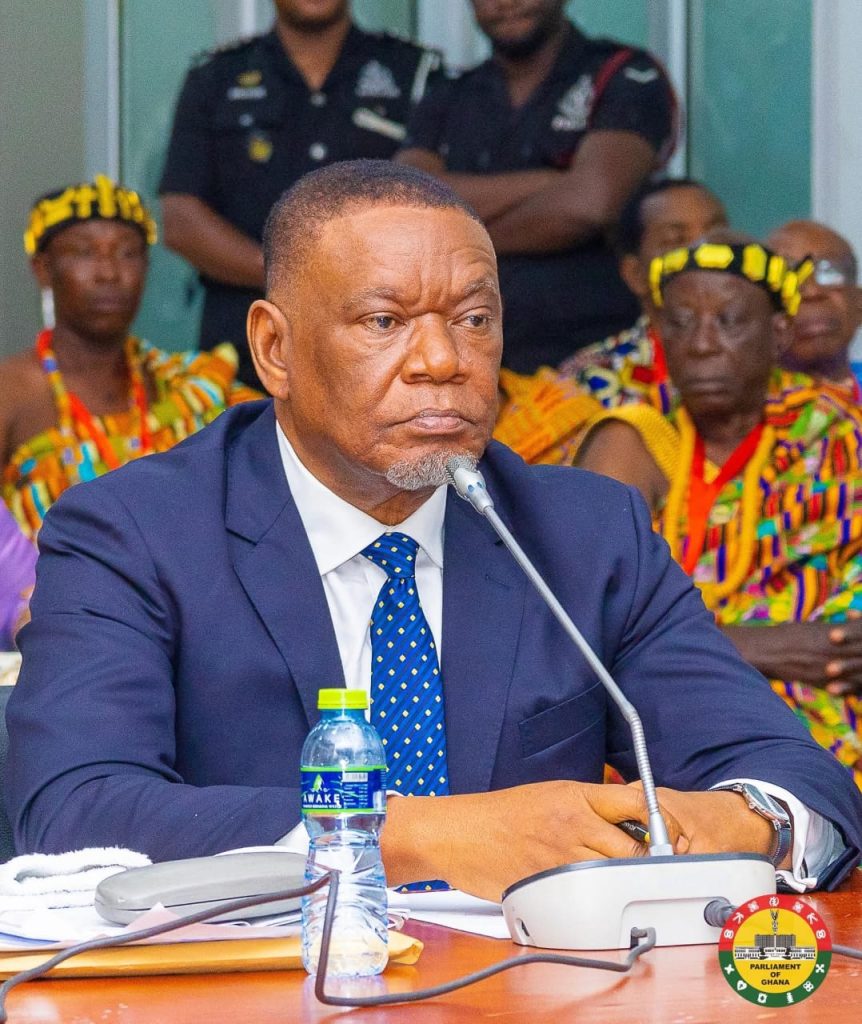
He rejected suggestions that the process was politically motivated, asserting that the nominees’ records spoke for themselves and that their elevation would strengthen the bench.
The chamber reached its climax with a voice vote. After listening to both sides, Speaker Bagbin declared, “The ayes have it,” thereby confirming the nominees.
With that declaration, Parliament gave its final approval to the appointments, overriding the objections of the Minority caucus.
The confirmed justices are Justice Sir Dennis Dominic Adjei, Justice Gbiel Simon Suurbaareh, Justice Senyo Dzamefe, Justice Kweku Tawiah Ackaah-Boafo, Justice Philip Bright Mensah, Justice Janapare Bartels-Kodwo, and Justice Hafisata Amaleboba.
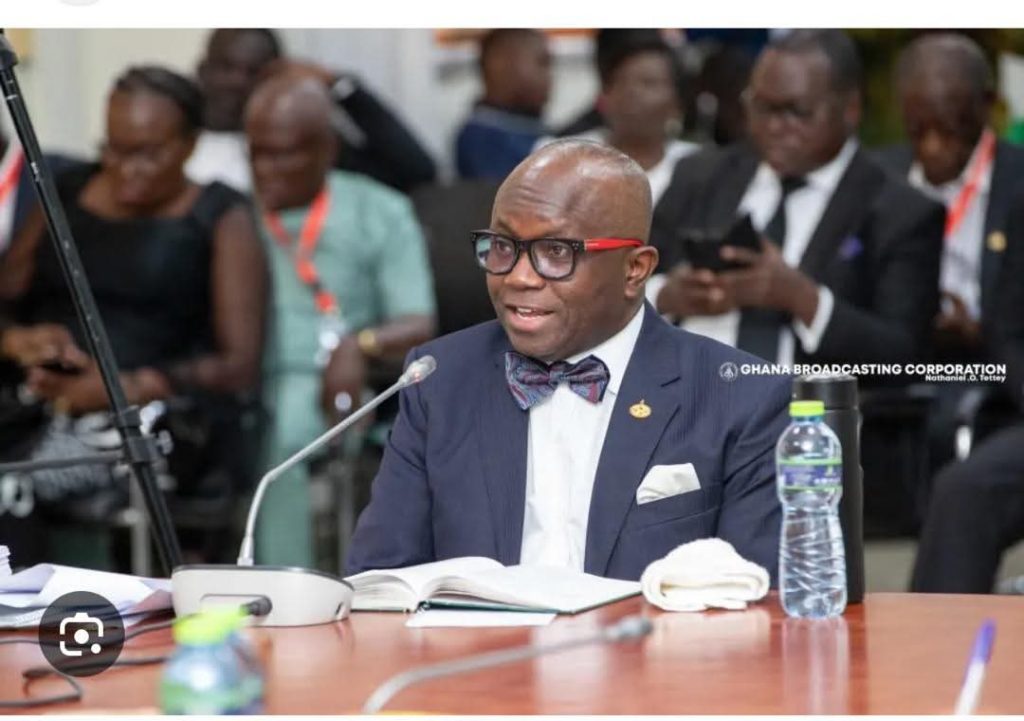
Their appointments are now awaiting formal swearing-in by President John Dramani Mahama, who has maintained that the additions to the Supreme Court are necessary to enhance judicial efficiency and address the growing caseload at the apex level.
The political and constitutional implications of this confirmation are likely to echo beyond the chamber as questions about judicial independence, procedural integrity, and partisan influence continue to dominate national legal and political discourse.

